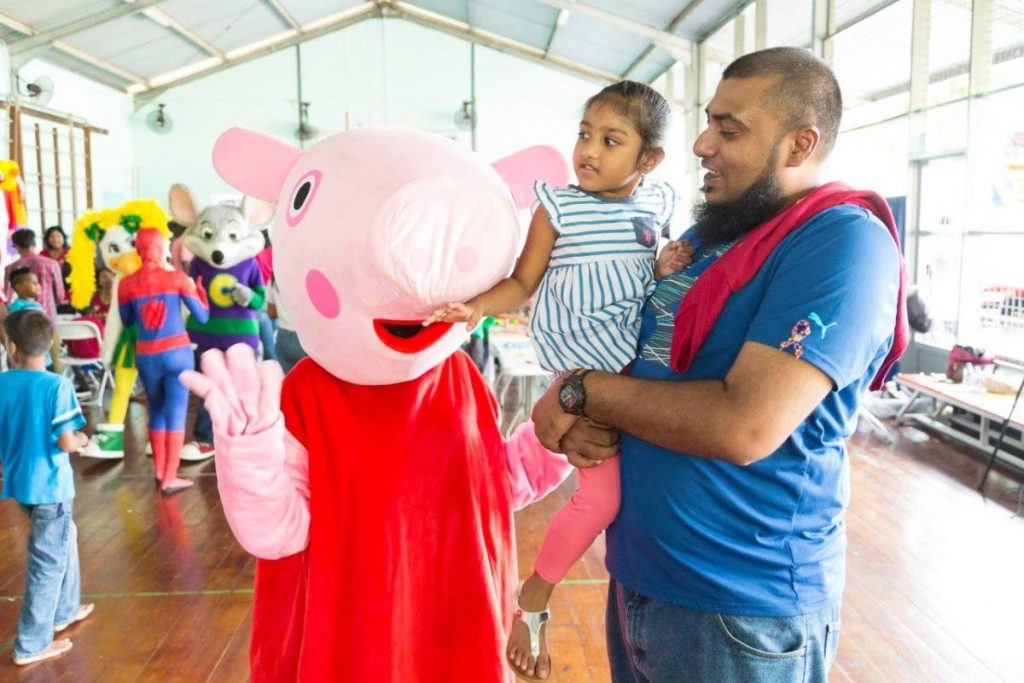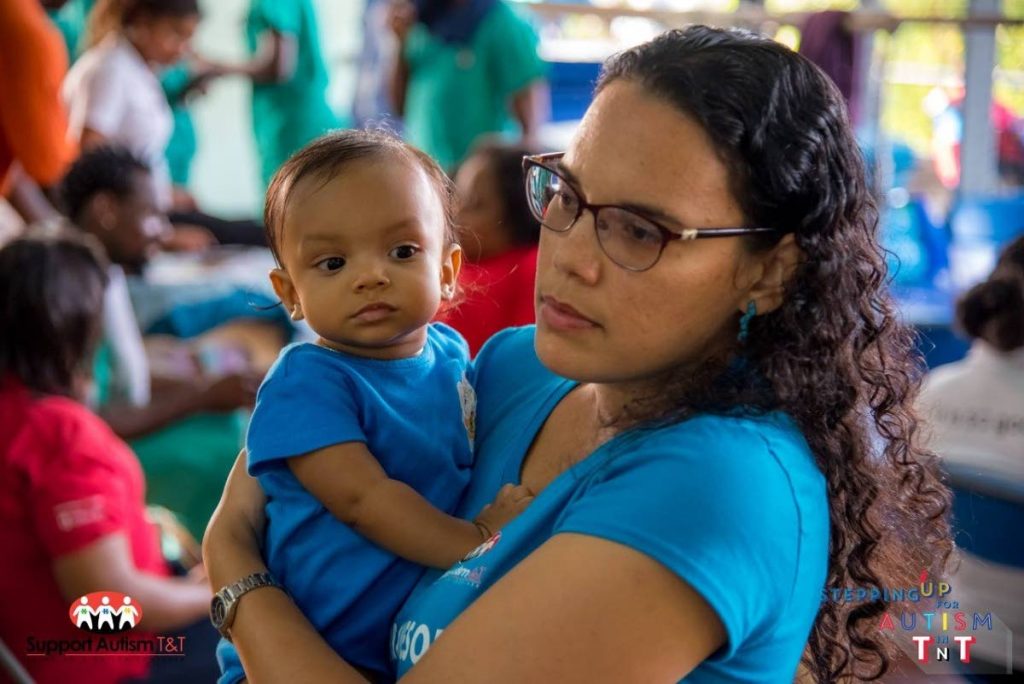I blamed myself for my child’s disability

DR RADICA MAHASE
“I blamed myself for my child’s disability. I felt that as his mother, I must have done something wrong when I was pregnant with him. Maybe I ate too much junk food? Maybe I didn’t take the right vitamins or should have taken more vitamins? Maybe I did something wrong in the first year of his life?
"I mean, he was my first child, I didn’t know anything about taking care of a child, supposed I hit his head, or didn’t breastfeed him enough?
"My son is now five years old and the guilt I felt when we found out he had developmental issues is now gone. After years of reading up on my son’s disability and sessions of counselling, I am finally in the place where I accept my son fully and I don’t blame myself anymore. Instead, I just focus on him and helping him with his daily challenges.”
Natalie, the mom above, is just one of many parents who blame themselves for their children’s disabilities. Many parents feel a deep sense of guilt when their children experience developmental delays and often it takes some time to process feelings of guilt.

Why do parents blame themselves? For many, both mothers and fathers, a child with a disability is just not what they imagine their child would be or what they imagine parenthood would be.
Added to this is the fact that society in general places emphasis on the high achievers and there is the common misconception that children with disabilities will not be high achievers. The general perception, propagated by media, the education system, etc, is that children who are not high achievers are "less," or are a "disappointment" and not as capable as contributing to society.
Sadly, as a society we always looking to place blame on someone or something – it is a dominant part of our social behaviour. Thus, parents of children with disabilities are made to feel they have brought "a lesser child" into this world.
One parent, Nigel, said, “When my son was born, I had a hard time accepting him. I felt like it was my fault, that maybe I passed on ‘bad’ genes to him.
"My neighbour organised counselling for me at the church nearby and I went and I regretted it. The pastor told me that I didn’t pray enough and that my child is paying for my sins. He said that the only way to ‘cure my child’ was to come to church regularly, make regular monetary contributions and let the pastor pray for her. He said that I had already done enough wrong to my child.
"I became depressed after that counselling session. It took me a year to get out of it and that only happened because my wife was strong and talked me through it.”
As parents, blaming yourself can be more harmful in the long run. You might doubt your worth as parents or second guess the decisions that you make concerning your child. Blaming yourself puts extra emotional stress that can have a negative impact on your health. It is important to get rid of the self-blame and self-criticism.
You might be able to do this by blocking out the "noise" from relatives and society. Stop listening to those who make you feel guilty. Educate yourself about your child’s disability and if you have the time and energy, educate others who try to make you feel guilty. Focus on your child and look for his/her ability in the midst of the disability. Change your way of thinking – instead of “I am the reason why my child has so many challenges,” think, “I have to find ways to help my child deal with his/her challenges.”
Of course, society can help to get rid of this blame game by offering more support to those with disabilities and their families. Churches, temples, etc, can be more accommodating by having special sessions, offering proper counselling with trained therapists and even organising events for people with disabilities.
It would also help if, as a society, we stop projecting ideas that someone with a disability is somehow not complete enough or not good enough; that their disability is a life sentence; that they cannot contribute in any meaningful way or they are a burden to the country.
And remember, parents, “Sometimes the difficult things that happen in our lives put us directly on the path to the best things that will ever happen to us.” (unknown)
Dr Radica Mahase is the founder/director of Support Autism T&T

Comments
"I blamed myself for my child’s disability"